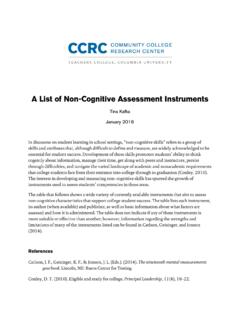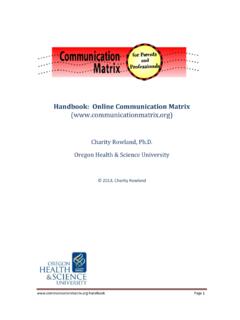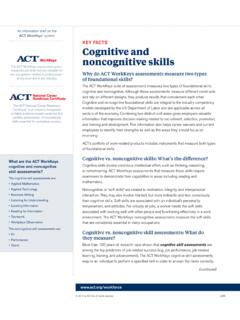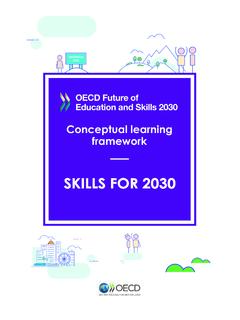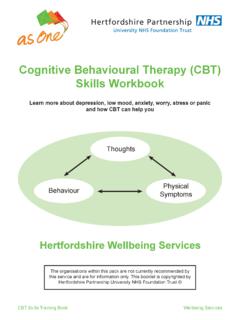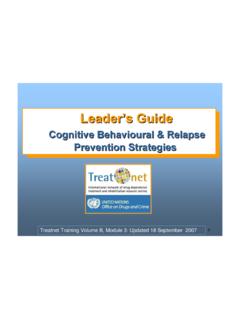Non cognitive Skills
Found 9 free book(s)Fostering and Measuring Skills Improving Cognitive and …
www.oecd.orgReliable measures of non-cognitive skills are available, and they are discussed in this paper. In developing any measure of non-cognitive skills, it is essential to recognise that all measures of skill are based on performance of some task. Traditional personality tests are based on the performance of the task of self-description.
A List of Non-Cognitive Assessment Instruments
ccrc.tc.columbia.eduA List of Non-Cognitive Assessment Instruments . Tina Kafka . January 2016. In discourse on student learning in school settings, “non-cognitive skills” refers to a group of skills and attributes that, although difficult to define and measure, are widely acknowledged to be essential for student success.
Scaffolding Reading Comprehension Skills - ed
files.eric.ed.gov“To what extent do Non-native English Language teachers use cognitive and metacognitive Scaffolding strategies for developing Reading comprehension skills?” From this main question, there following sub-questions are derived: • To what extent do Non-native teachers of English in intermediate schools use scaffolding strategies to
Academic Tenacity - Stanford Graduate School of Education
ed.stanford.edumindsets and non-cognitive skills matter and how best to impart them in educational settings. Psychological factors—often called motivational or non-cognitive factors—can matter even more than cognitive factors for students’ academic performance. These may include students’ beliefs about themselves, their feelings about school,
Handbook: Online Communication Matrix …
communicationmatrix.organd cognitive impairments. The original version at www.designtolearn.com developed especially for parents in ... information will provide valuable data about the communication skills demonstrated by individuals with various disabilities. ... Russian, Korean, and Vietnamese. The non-English languages were chosen because there are large groups of ...
Cognitive and noncognitive skills - ACT
www.act.orgCognitive vs. noncognitive skills: What’s the diference? Cognitive skills involve conscious intellectual effort, such as thinking, reasoning, or remembering. ACT WorkKeys assessments that measure these skills require examinees to demonstrate their capabilities in areas including reading and mathematics. Noncognitive or “soft skills” are ...
SKILLS FOR 2030 - OECD
www.oecd.orgCognitive skills are a set of thinking strategies that enable the use of language, numbers, reasoning and acquired knowledge. They comprise verbal, nonverbal and higher-order thinking skills. Metacognitive skills include learning-to-learn skills and the ability to recognise one’s knowledge, skills, attitudes and values (OECD, 2018 [1]).
Cognitive Behavioural Therapy (CBT) Skills Workbook
www.hpft.nhs.ukCBT Skills Training Book Wellbeing Services Cognitive Behavioural Therapy (CBT) Skills Workbook Learn more about depression, low mood, anxiety, worry, stress or panic and how CBT can help you Hertfordshire Wellbeing Services The organisations within this pack are not currently recommended by this service and are for information only.
Cognitive Behavioural & Relapse Prevention Strategies
www.unodc.orgIdentify a minimum of 4 cognitive behavioural techniques 2. Understand how to identify triggers and high- and low-risk situations 3. Understand craving and techniques to cope with craving 4. Present and practise drug refusal skills 5. Understand the abstinence violation syndrome and how to explain it to clients 6. Understand how to promote non ...

